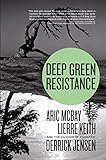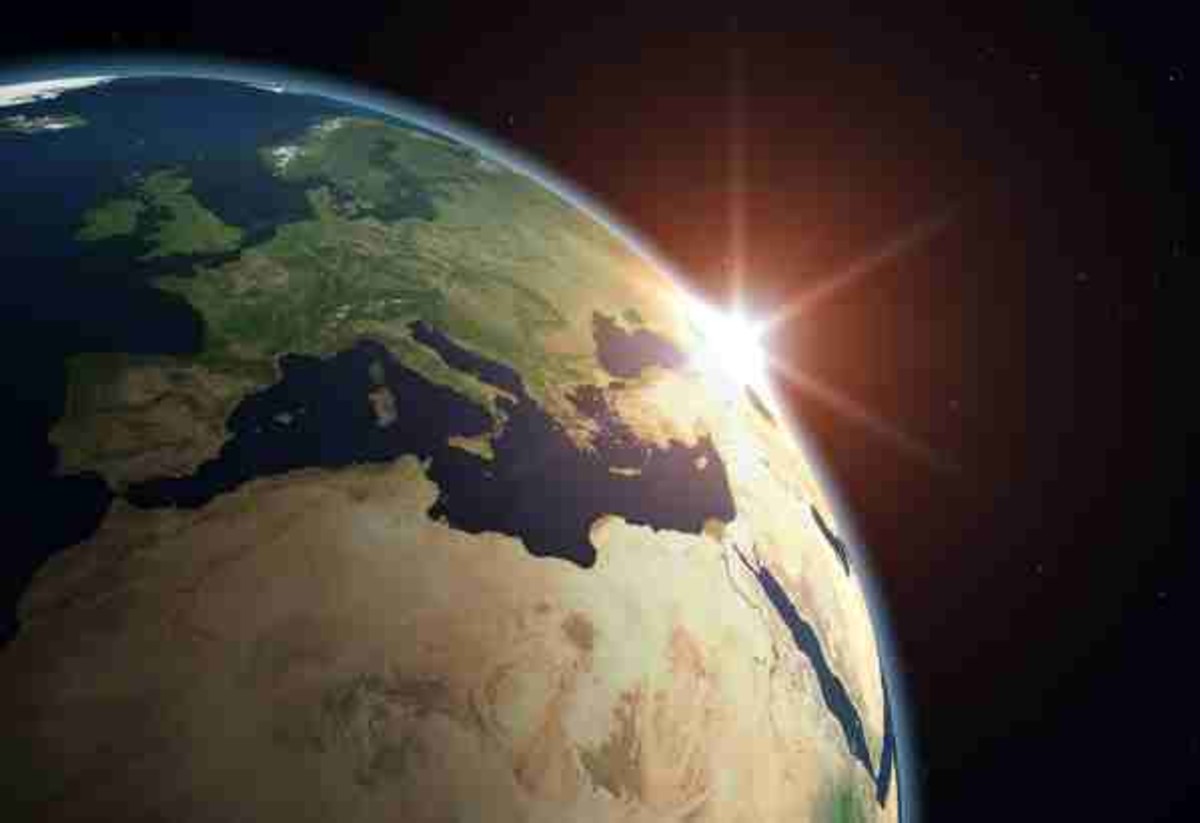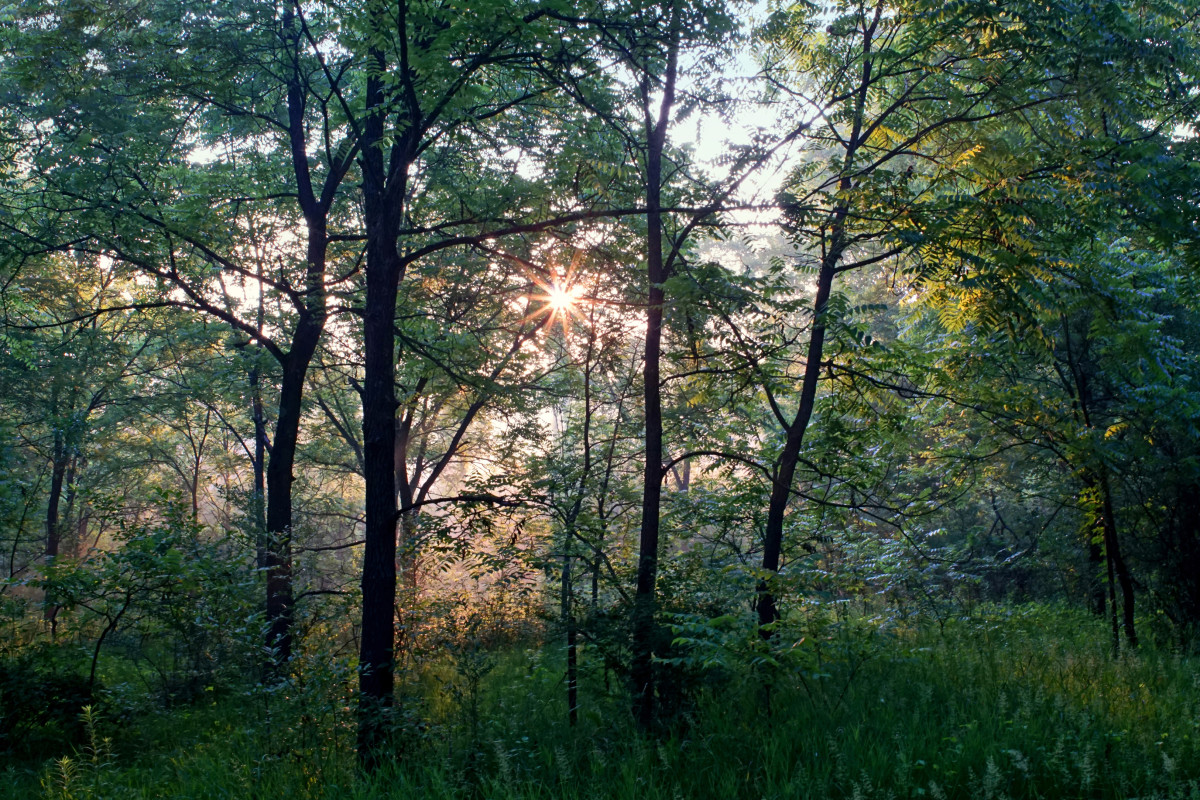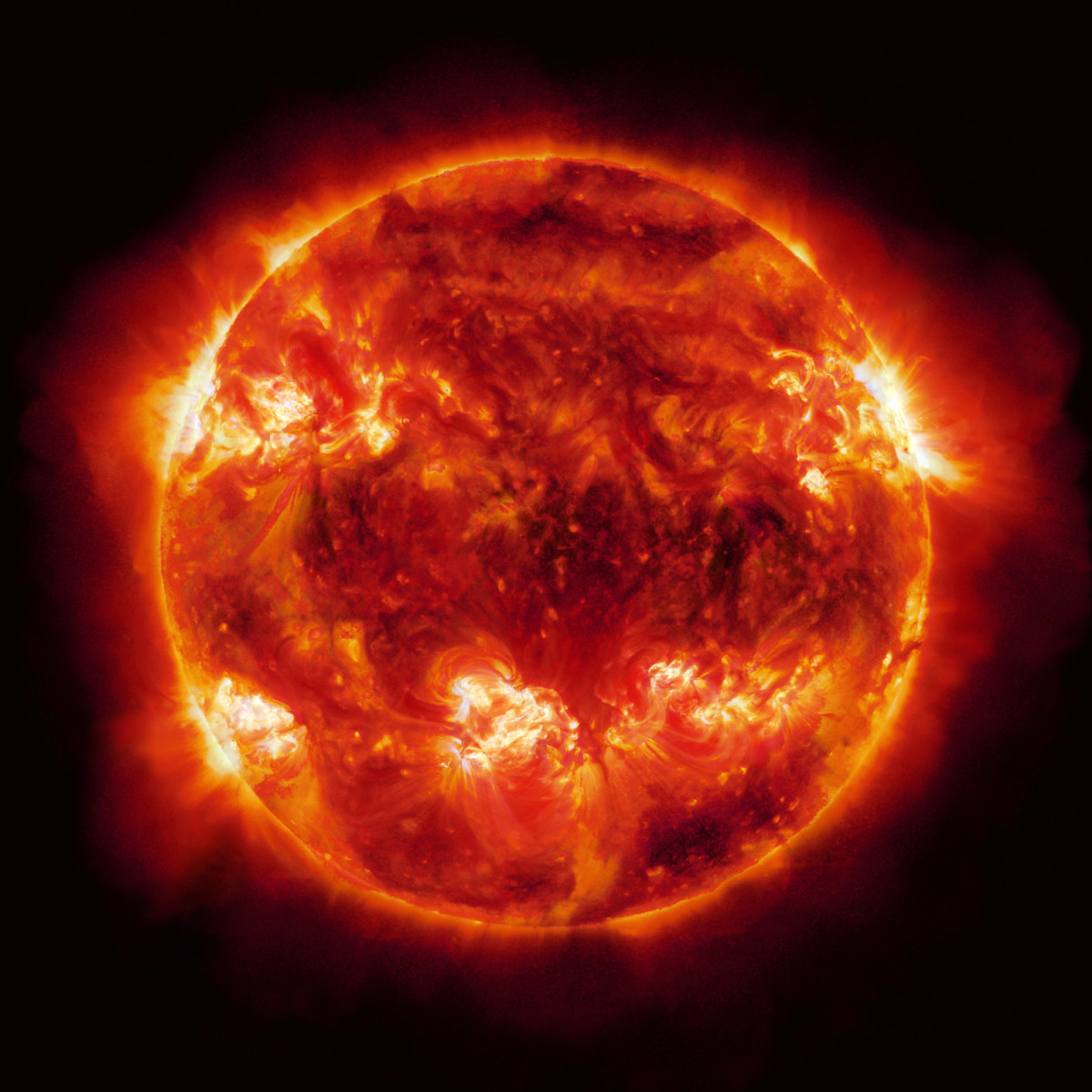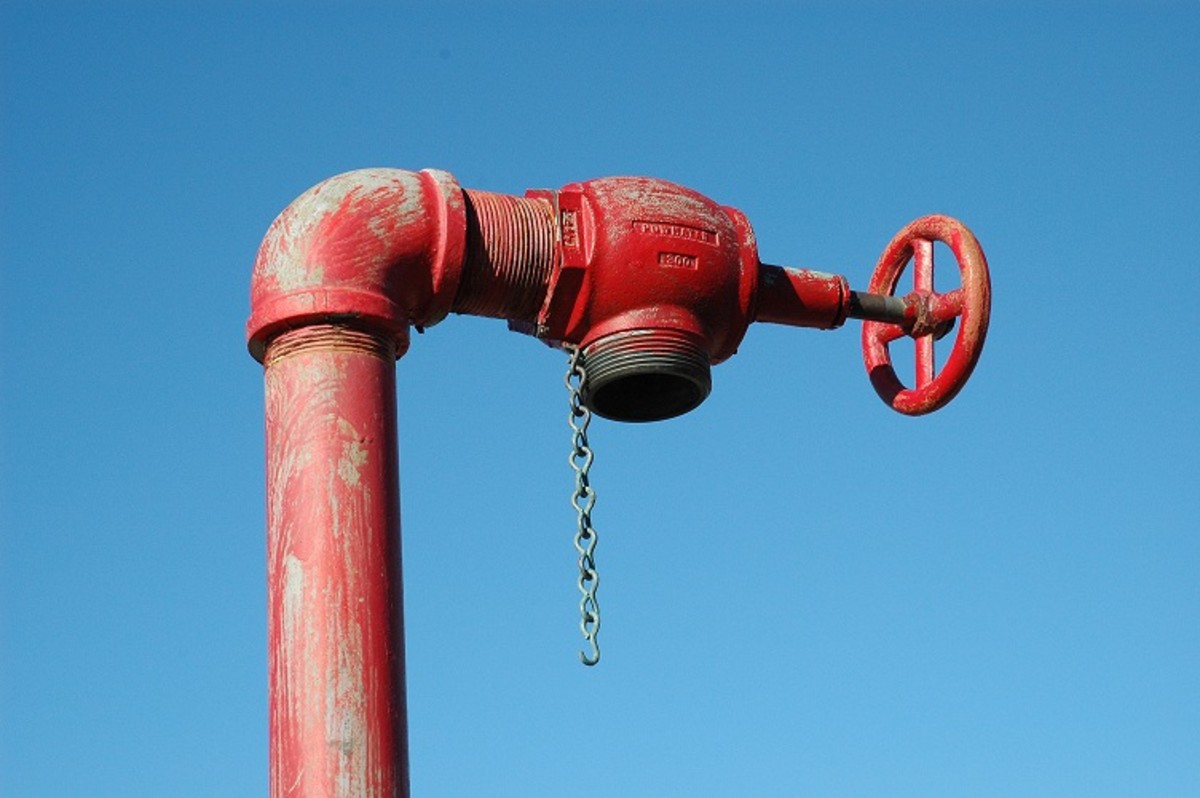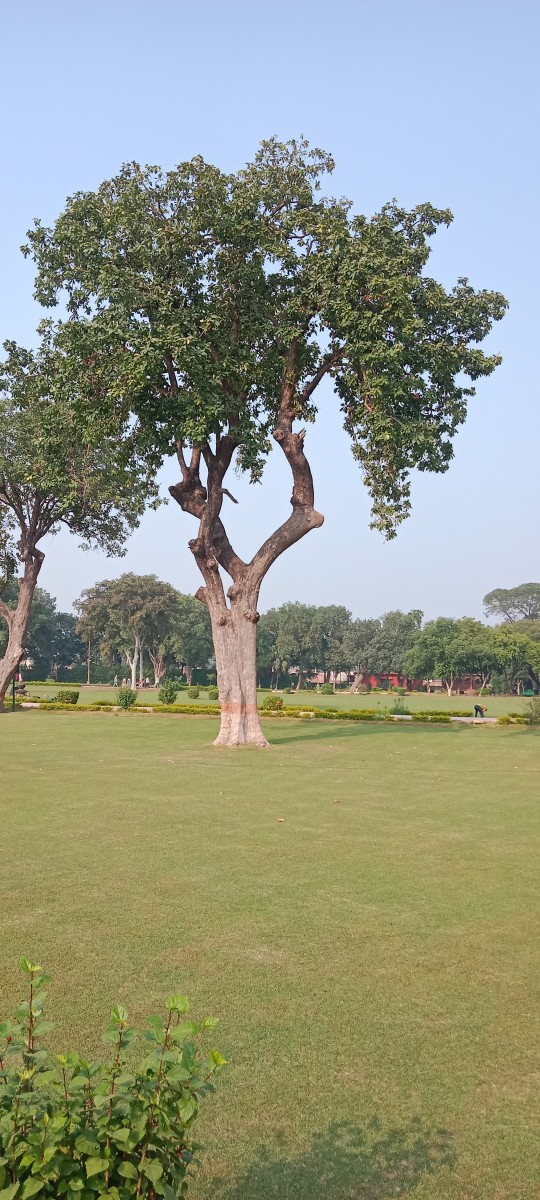Holocene Extinction Event

The Holocene Extinction Event
When we hear someone talking about "mass extinction", usually dinosaurs come to mind. Few people realize that today we are living in the middle of the MASS EXTINCTION EVENT that is unprecedented in the history of our planet and can have devastating effect on biodiversity and our own existence on this planet.
The Holocene extinction event is a name customarily given to the widespread, ongoing mass extinction of species during the modern Holocene epoch.
When we hear of endangered species, most of us think of the plight of the rhino, tiger, panda or blue whale. But these are only small part of the ongoing extinction drama. The overall numbers are horrifying. Estimated 40% of the known species are in jeopardy, including perhaps 51 per cent of reptiles, 52 per cent of insects, and 73 per cent of flowering plants.
It started about 50,000 years ago as we migrated beyond Africa and wiped out at least some of the unique species of the time, including mammoths. But, as harmful as our predecessors may have been, nothing compares to what's under way today, especially in the last 50 years.
Deforestation, agricultural practices, pollution, overhunting, and numerous other human activities result in numerous species being threatened everyday. Now in the 21st century the extinction rate is nothing short of explosive.
If we are to save what remains of the diversity of life on Earth, we will have to act fast and we have to do much more than what we've been doing so far. If the Mass Extinction is allowed to continue - or even worse, accelerate further - then the chance of a global-scale ecosystem collapse can only continue to grow.
Mass Extinction - the greatest threat to mankind
Why it Matters?
All these disappearing species are part of a complex and highly fragile ecosystem of organisms that is critical to our own existence on this planet. We owe everything to them. The air we breathe. The food we eat. The materials of our homes, clothes, books, medicines. And yet we keep destroying them at our own peril.
What we are doing is not enough!
Conventional approaches to conservation have failed
The current crisis in biodiversity clearly demonstrates that conventional approaches to conservation have failed.
Setting aside land for nature reserves is not sufficient. These reserves are too small and too fragmented to be effective. In many countries, the boundaries of these reserves are routinely violated by poachers and loggers. At sea fishermen compete with each other in a global race to the bottom, knowing that if they do not catch the last bluefin tuna, someone else will.
The growth in protected area coverage is too slow, the size of these areas is inadequate to sustain viable populations, and they tend to be too far apart to allow a sufficient exchange among populations for most species. Establishing protected areas has no effect on loss of diversity due to pollution, invasive species, global warming and other threats.
Most importantly, the funding for these efforts is not nearly sufficient. Global expenditures on protected areas today are estimated at US $6 billion per year and many areas are insufficiently funded for effective management.
For comparison, the federally budgeted (see below) military expenditure of the United States Department of Defense for fiscal year 2010, including the wars in Iraq and Afghanistan, i $685.1 billion.
As a human and as a taxpayer, I find it outrageous.
When will we get our priorities straight?
When Will We Get Our Priorities Straight?
Global expenditures on protected areas today are estimated at . US $6 billion per year and many areas are insufficiently funded for effective management. (Source: United Nations University)
For comparison, the federally budgeted military expenditure of the United States Department of Defense for fiscal year 2010, including the wars in Iraq and Afghanistan was $685.1 billion (source: Wikipedia)
Critically endangered: Mountain gorilla - It's NOT Too Late!
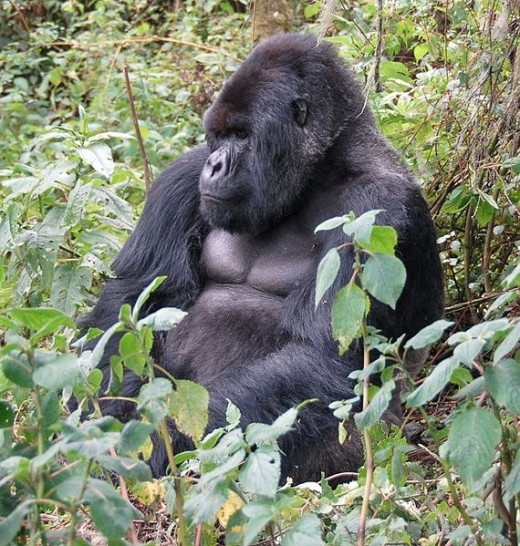
As of Spring 2010, the estimated total number of Mountain Gorillas worldwide is 790. Pollution, habitat destruction and fragmentation, over harvesting (in the form of illegal poaching), agriculture, and the introduction of diseases are some of the usual suspects; the Mountain gorilla suffers from all of these. More info: http://www.gorilladoctors.org/, http://gorillafund.org/take-action/adopt.
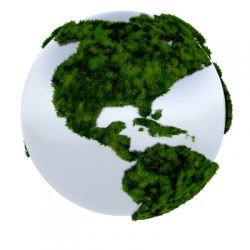
But I changed my lightbulbs and I recycle! What else can I do?
Going Green Lifestyle and Buying Green Products May Produce a False Feeling of Security
Going green and greener lifestyle is on many people's minds today, and various going green tips abound for those who are willing to do their part to help save the planet.
Recycling, lowering thermostats, and driving less are some obvious tips that come to mind, along with changing your light bulbs, planting a garden, and eating less meat.
But even if everyone on the planet does those things, not a likely scenario by a long shot, it won't keep us from running out of natural resources, water and food, most experts agree. Even when we factor in the best green technologies available today, at our current rate of consumption and population growth the human species will deplete our planet's ability to sustain us within a few generations.
** Individual actions, however noble, will not save us from the upcoming global energy crisis and environmental disasters. To put the pressure on individuals to change is - to put it mildly - unfair and ineffective.
**Individual's commitment to using less toilet paper will not stop logging the planet's remaining forests, from Canada's boreal forest to Indonesia's rainforest. We need to enact and enforce strict logging controls for protection of the remaining natural resources.
** Individual's commitment to driving less or switching to a more efficient car will have a negligent effect on the global carbon emissions. To reduce emissions, use of fossil fuels must be drastically reduced and eventually stopped. Stopping subsidies for oil drilling and redirecting them toward promoting public transportation, discouraging suburban sprawl that makes walking and biking to be used as transportation impractical, and establishing strict guidelines for building energy efficiency, are just some examples of policies that need to be enacted. Biofuels are not an answer either, as their production carries high cost environment, leading to further loss of biodiversity.
** Individual's commitment to recycling paper and plastic, and composting organic leftovers will not save us from excessive wastefulness of this civilization. Putting pressure on corporation by enacting extended producer responsibility laws that hold producers responsible for the end-of-life management of their products, motivating better design at the front end and decreasing waste at the back end are effective examples to enact change. Bottle bills, electronics take-back legislation, and laws that discourage wasteful packaging and products are some examples of effective policy changes to reduce resource squandering.
Endangered: Giant panda - It's NOT Too Late!

The giant panda lives in a few mountain ranges in central China, mainly in Sichuan province, but also in the Shaanxi and Gansu provinces. Due to farming, deforestation and other development, the panda has been driven out of the lowland areas where it once lived.
But I changed my lightbulbs - cont.
** Individual's commitment to eating less fish and meat will not stop the industrial agriculture that relies heavily on fossil fuels to produce crops while inadvertently damaging the topsoil. It will also not prevent overfishing of the oceans. A decline of 90% of the population of many marine species - especially the large fish species, such as sharks, tuna, etc. - has been well documented, causing collapsing of global fisheries.
**Shopping for green products - cars, appliances, or cosmetics - will not save the day either. While somewhat better, it's still a solution based on consumerism, more production, and ultimately more destruction of environment.
Finally, individual's commitment to buying less stuff will not have a significant effect on the global devastation that is going on. We need to decommercialize our culture. Especially, prohibit commercial advertising to children and in public places to reclaim our mental and physical landscape from commercial advertisers.
Yes, these actions will reduce our own environmental footprint a bit, however, this is far from enough.
What's worse, taking these actions may lull us into a false sense of security and optimism.
Political and institutional change is needed to have any significant effect on the planet. This change will not happen by itself. Our active involvement and commitment is needed to make that change happen.
More Serious Than Global Warming
A poll by the American Museum of Natural History finds that seven in 10 biologists believe that mass extinction poses a colossal threat to human existence, a more serious environmental problem than even its contributor, global warming; and that the dangers of mass extinction are woefully underestimated by almost everyone outside science.
Endangered: Rothschild giraffe - It's NOT Too Late!
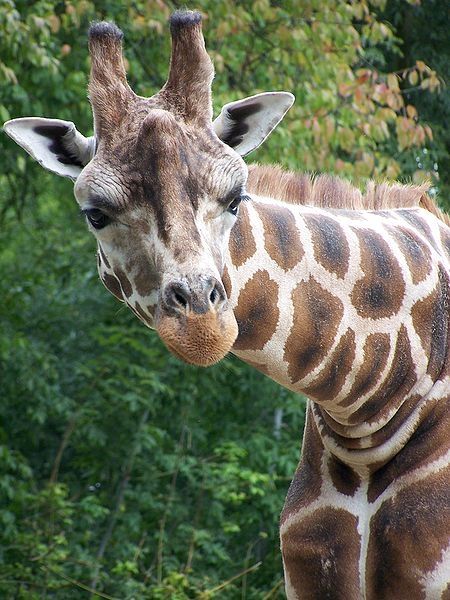
The Rothschild Giraffe is among the most endangered giraffe subspecies with only a few hundred members in the wild.
The Siberian Tiger
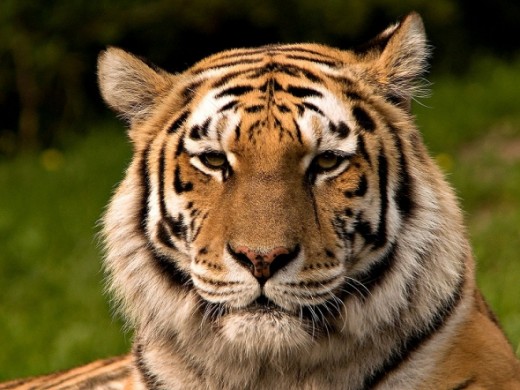
The Siberian Tiger is a subspecies of tiger that is critically endangered; three subspecies of tiger are already extinct.
Critically Endangered: Brown spider monkey - It's Not Too Late!

The brown spider monkey or variegated spider monkey (Ateles hybridus) is a critically endangered species of spider monkey, a type of New World monkey, from northern Colombia and north-western Venezuela.
Endangered: Blue whale - It's NOT Too Late!
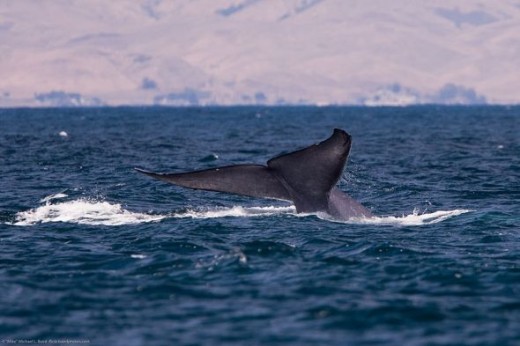
The blue whale is a marine mammal belonging to the suborder of baleen whales. At 30 meters (98 ft) in length and 180 metric tons (200 short tons) or more in weight, it is the largest known animal to have ever existed.
Endangered: California Condor - It's NOT Too Late!
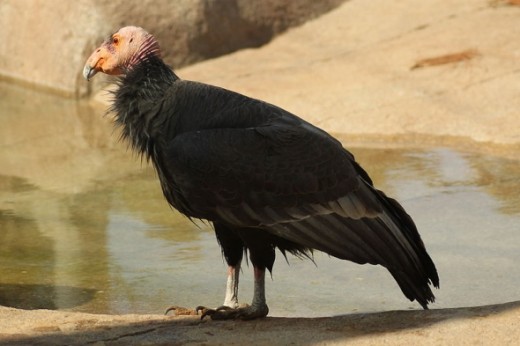
The California Condor is a vulture, the largest North American land bird. Currently, this condor inhabits only the Grand Canyon area, Zion National Park, and coastal mountains of central and southern California and northern Baja California.
It's not just about extinctions
There are now a third fewer wild animals in total on the planet than there were just 40 years ago. That really is a shocking figure.
Overfishing the Oceans
Species of concern: Bluefin Tuna
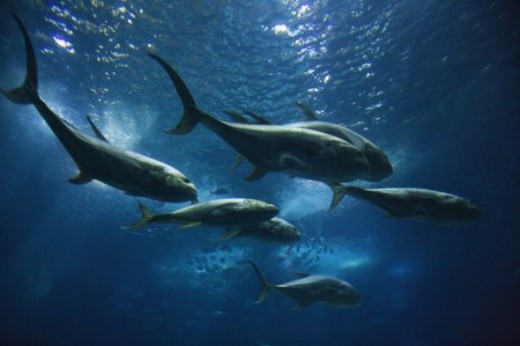
The bluefin tuna has become emblematic for the problems with industrialized overfishing. Stocks of bluefin tuna have dropped as much as 80% in 50 years, as fishing has ramped up to feed the sushi market worldwide, but especially in Japan.
However, the bluefin tuna has escaped being placed on the endangered species list, but the majestic fish prized by sushi lovers will be listed as a "species of concern" by the federal agency that oversees America's fisheries.
In 2010, Greenpeace International has added the albacore, bigeye tuna, blackfin tuna, pacific bluefin tuna, northern bluefin tuna, southern bluefin tuna and the yellowfin tuna to its seafood red list. "The Greenpeace International seafood red list is a list of fish that are commonly sold in supermarkets around the world, and which have a very high risk of being sourced from unsustainable fisheries.
Recently, it's been boycotted by thousands of restaurants and restaurant-goers, thanks to a campaign organized by the Center for Biological Diversity, which has also petitioned the U.S. government to list the species as threatened or endangered, and to protect it with powers of the Endangered Species Act.
"We're dooming this species to extinction without additional protection," said Catherine Kilduff, an oceans attorney at the Center for Biological Diversity.
Food For Thought: The Story of Stuff
What will YOU do?
10 Easy Ways to Save Our Planet by the end of 2011
I wish I could list here "10 Easy Ways to Save Our Planet by the end of 2011" that I could publish here on Squidoo.com for every one to read and follow.
The truth is there is no easy way out of this situation. We all need to get involved. We need to educate ourselves. We need to figure out what and how needs to be done. We need to take action to start changing the system that is killing our planet.
Changing light bulbs is not enough. Recycling paper and plastic will not stop the mass extinction from continuing.
Political and institutional change is needed to have any significant effect on the planet. This change will not happen by itself. Our active involvement and commitment is needed to make that change happen.
We must do more!





